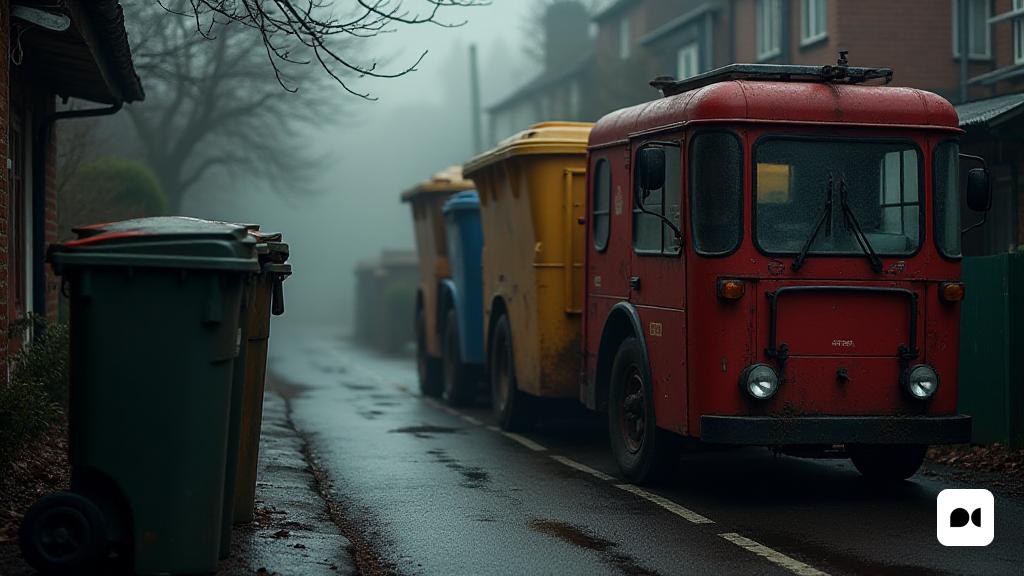Birmingham’s Waste Management Woes: A Community Perspective
In the heart of Birmingham, a growing chorus of discontent emerges as residents grapple with the aftermath of prolonged refuse collection disruptions. The local community finds itself in a state of frustration, as the absence of clear communication from both city officials and union representatives leaves many feeling abandoned.
Calls for Transparency: Local Leaders Speak Out
Sir Andrew Mitchell, the Conservative MP for Sutton Coldfield, has taken a stand, demanding increased transparency from Birmingham City Council and the Unite union. His assertion that crucial discussions are occurring ‘behind closed doors’ highlights a significant gap in public awareness regarding the negotiations aimed at resolving the waste crisis.
A Complex Situation: Understanding the Strike
The strike, which began on March 11, has roots extending back to January when irregular refuse collections first surfaced. Unite, representing the refuse workers, has pointed fingers at government-appointed commissioners tasked with overseeing the council’s operations following its financial turmoil. This blame game raises questions about accountability in local governance.
Government Response: A Call for Action
In response to the mounting crisis, Labour MP Warinder Juss emphasized the government’s serious approach to the ongoing dispute. He reassured constituents that discussions are actively taking place, yet the lack of visible progress continues to dampen hopes for a swift resolution.
Community Impact: The Human Cost of the Strike
The implications of this strike extend beyond mere inconvenience; residents are now facing unsightly piles of refuse and the accompanying health concerns. Mitchell voiced the urgency of addressing the situation, stressing that residents deserve better service as they navigate the challenges posed by the ongoing industrial action.
Seeking Solutions: A Call for Collaboration
Green councillor Tor Pingree urged for collaboration between the Labour-led council and the national government, advocating for a united front to negotiate a fair deal for refuse workers. ‘Birmingham is being buried in rubbish while they all argue,’ she lamented, encapsulating the frustration felt by many.
Looking Ahead: The Path to Resolution
As the situation unfolds, the community remains hopeful for a resolution that prioritizes their needs. Calls for a judge-led inquiry into the council’s handling of industrial relations echo through the discourse, reflecting a desire for accountability and a commitment to prevent such crises in the future.
Ultimately, this ongoing situation serves as a reminder of the importance of communication and cooperation between local authorities, unions, and the community they serve. The path forward hinges on a collective effort to restore trust and ensure that Birmingham’s streets are cleared of refuse once again.

